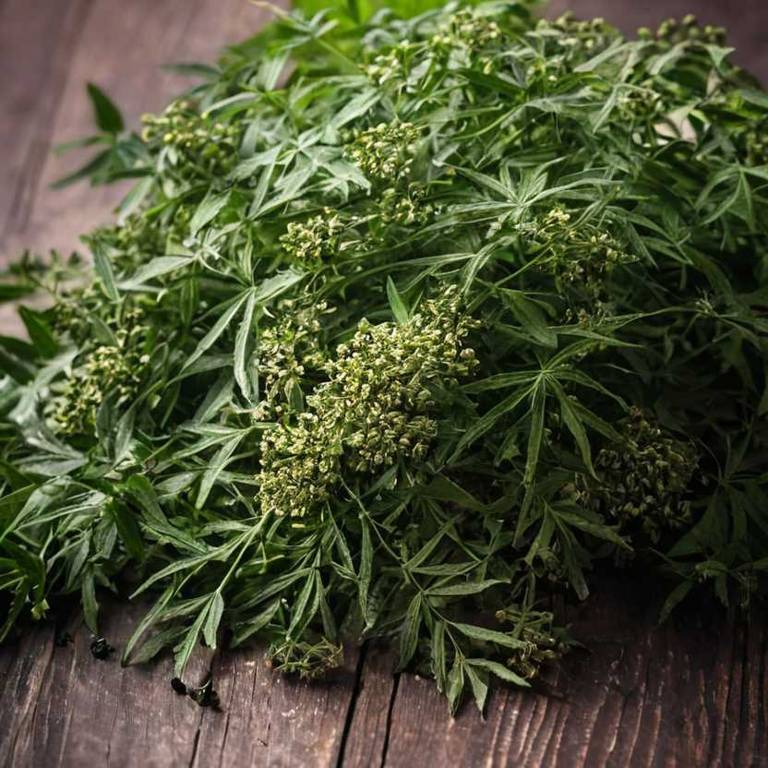Black Elderberry
Sambucus nigra
Ashwagandha is a prominent medicinal herb in Ayurvedic medicine, classified as a rasayana (rejuvenator). It is primarily utilized as an adaptogen to help the body manage physical and chemical stress.
Family
Solanaceae (Nightshade)
Native Region
India, Middle East, Africa
Part Used
Root, Leaf, Berry

Botanical Identification
Black Elderberry, Sambucus nigra, is a species of shrub in the Adoxaceae family. Commonly known as elderberry, it is native to Europe, western Asia, and North Africa. The plant is a deciduous perennial with compound leaves, clusters of small white flowers, and dark purple berries. It has been referred to by various regional names and synonyms in traditional herbal texts.
Active Compounds
The Black Elderberry contains key bioactive compounds such as flavonoids, coumarins, and phenolic acids. These compounds work synergistically to exert anti-inflammatory and antioxidant effects. Their combined action supports the herb's traditional use in supporting immune function and reducing oxidative stress.
- Flavonoid
- Coumarin
- Phenolic acid
Therapeutic Indications
| System | Condidtion | Action |
|---|---|---|
| Respiratory | Common cold, bronchitis, influenza, cough | Antimicrobial, expectorant, antiviral, immunostimulant, anti-inflammatory |
| Integumentary | Skin infections, wounds, wound healing | Antimicrobial, anti-inflammatory |
| Immune | Allergies, fever, viral infections, allergic reactions | Anti-inflammatory, antipyretic, antiviral |
Preparation Methods
Decoction: Used for respiratory infections and cold symptoms due to its expectorant properties.
Tincture: Used for digestive issues and as an antimicrobial due to its concentrated active compounds.
Powder: Used for digestive support and as a general tonic.
Safety Profile
Black Elderberry is generally safe when consumed in appropriate doses. However, it should not be used by individuals with autoimmune disorders or those taking immunosuppressants. The fruit is considered safe for most people when prepared properly, but raw berries and seeds should be avoided due to potential toxicity.